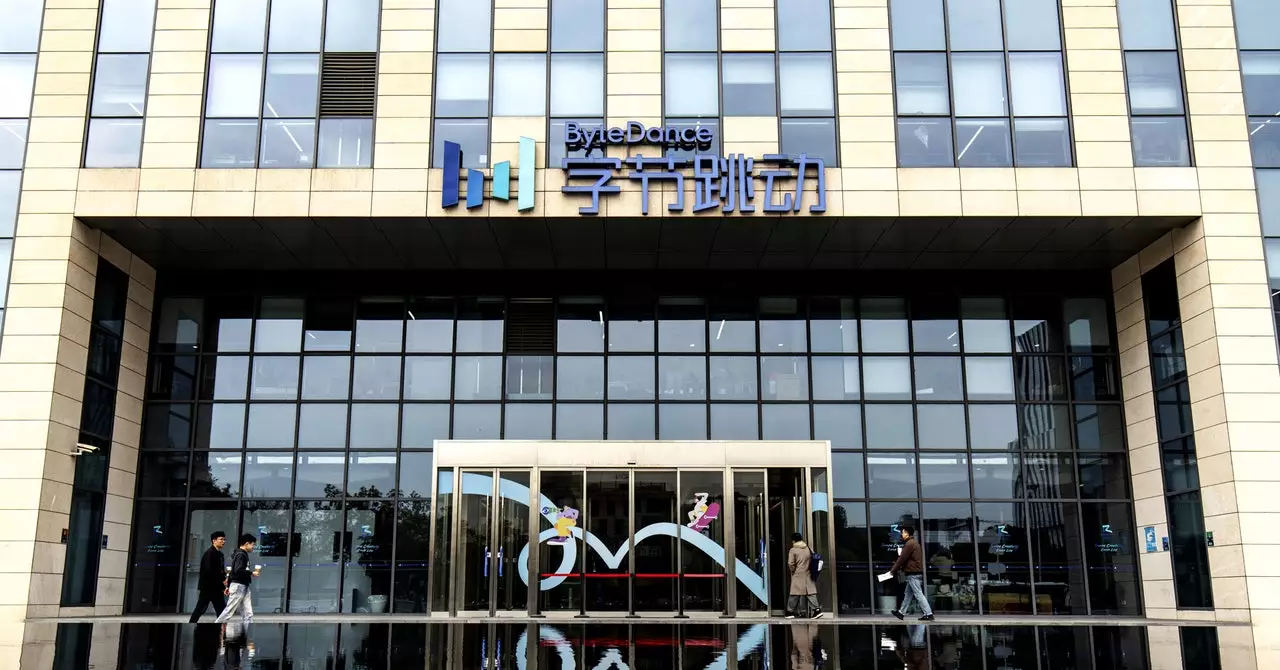In a significant yet contentious announcement this week, Keyu Tian, a former intern at ByteDance, emerged as a prominent recipient of the Best Paper Award at the Neural Information Processing Systems (NeurIPS) conference. Despite allegations of professional misconduct—including sabotaging fellow colleagues’ efforts—Tian’s work was celebrated for its innovative approach to AI-generated image modeling. The paper, co-authored with peers linked to ByteDance and Peking University, discusses a new methodology that boasts improved efficiency for image generation through advanced predictive modeling techniques.
This situation paints a complex picture of achievement amidst damaging allegations. While the technical merit of Tian’s work has been validated by the esteemed NeurIPS committee, the broader implications regarding academic integrity and ethical standards in the field of artificial intelligence have triggered a widespread debate.
The committee’s apparent focus on the scientific validity of Tian’s paper over individual author conduct has elicited varied reactions within the academic community. The accolades presented to Tian—a master’s student at Peking University—signal a commitment to recognizing outstanding scholarly contributions, yet they simultaneously invite scrutiny into the ethical framework governing such decisions. Comments on social media platforms, including notable criticisms from AI ethicists, highlight the perceived disconnect between the conference’s commitment to uphold rigorous scientific and ethical standards and the reality of their decision-making process.
Conversely, this incident raises crucial questions about the blind review system employed by NeurIPS. The process, intended to ensure impartial evaluation based solely on the work’s scientific merit, may inadvertently obscure the urgent need for ethical consideration. As AI continues to infiltrate various facets of society—from autonomous vehicles to medical diagnostics—the stakes of research integrity become even higher.
As discussions unfolded online, the tension between acclaim and accountability erupted. Critics, including Abeba Birhane, have voiced concerns that honoring a paper with possible ties to unethical behavior undermines the very principles that conferences like NeurIPS claim to embody. The potential for an internal culture that thrives on innovative breakthroughs while disregarding foundational ethical norms poses a notable risk. Birhane’s pointed remarks highlight a crucial need for the community to engage in self-reflection regarding how achievements in AI are perceived and celebrated.
The fallout of this decision also underscores a larger problem within the realm of tech and academia: the often conflicting narratives of success and the ethical implications inherent in research practices. Recognizing Tian’s contributions could indeed pave the way for further innovations, but it raises pressing concerns about the precedent being set.
This incident calls for a reevaluation of the values that underpin the judging criteria for prestigious awards within the AI research community. As the industry matures, emphasis must not only be placed on groundbreaking methodologies and performance but also on the ethical ramifications of research practices. Global stakeholders must collectively seek to cultivate an environment that nurtures integrity alongside innovation—a challenging yet necessary endeavor.
Ultimately, as we move deeper into the complexities of artificial intelligence, the fusion of ethics with recognition is paramount. Conferences and awards must strive to reflect not just technical excellence but a commitment to fostering responsible research practices. Only then can the accolades bestowed reflect the holistic growth of the field, ensuring that while we champion innovation, we also safeguard the integrity of the research ecosystem.

